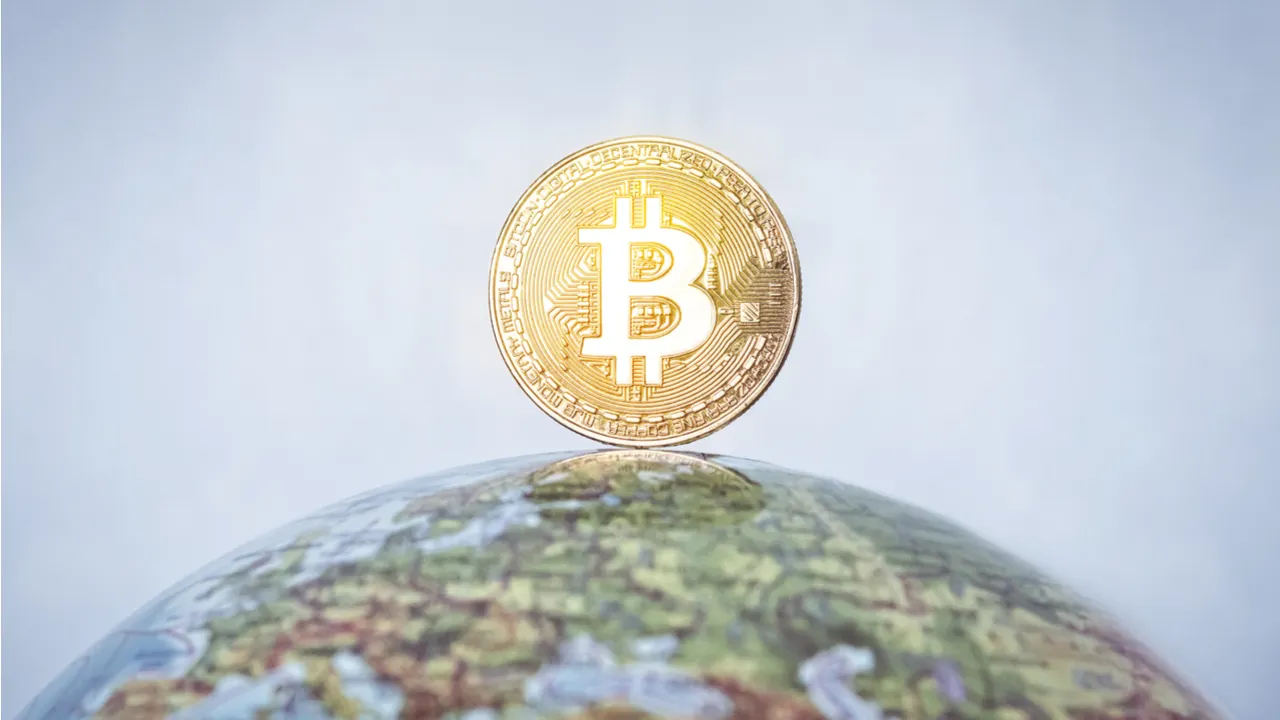In brief
- French police have arrested 29 suspects in connection to a Syrian terrorist group.
- The suspects allegedly used Bitcoin coupons sold at convenience stores to send funds to Syria.
- Law enforcement officers suspect that hundreds of thousands of euro's worth of crypto were sent this way.
French police have arrested 29 individuals in connection to a Syrian terrorist group that allegedly used Bitcoin (BTC) kiosks to send hundreds of thousands of euro’s worth of crypto abroad, local news outlet Capital reported on Tuesday.
As Decrypt explained, French customers can buy special cryptocurrency coupons worth up to €250 (roughly $292)—provided mostly by two local firms, Digycode and Keplerk—in over 30,000 convenience and tobacconist stores across the country. These prepaid coupons can then be cashed in for Bitcoin and other cryptocurrencies via the providers’ platforms.
According to the National Anti-Terrorism Prosecutor's Office, the suspects were buying such crypto coupons and sending their scans to the group’s leaders—two French nationals who currently reside in Syria. The coupons were then converted into Bitcoin through Turkey.
While customers need to provide their IDs to register an account on the coupon issuers’ websites and receive their Bitcoin, the terrorist group’s leaders still managed to successfully activate their BTC codes. They did so despite having been sentenced in absentia to 10 years in prison and having international arrest warrants issued for them, the outlet noted.

Digycode co-founder Christopher Villegas told Capital that the company was informed about the situation in July and has mostly blocked access to its platform from outside of France since then.
“We have banned all connections outside of France and Switzerland, all other countries like Turkey and Syria have been completely banned,” he said.
Keplerk CEO Adil Zakhar added that “this affair shows that France has been able to position itself in crypto fields, including in the fight against abuses linked to the use of Bitcoin.” Still, the recent arrests reignited debates about the potential misuse of cryptocurrencies for criminal activities.
“This case throws a harsh light on the financing of terrorism in Syria by means of cryptocurrencies and, in the background, on the obligations to fight against this type of operations that must be implemented by service providers in the sector,” noted William O'Rorke, a partner at law firm ORWL that specializes in disruptive technologies and blockchain-related cases.
To prevent such activities, all companies that sell crypto reportedly will be required to obtain digital asset service provider (PSAN) approval from the Autorité des marchés financiers (AMF), France’s stock market regulator, by the end of the year. Currently, only crypto exchange Coinhouse has the corresponding registration.
"The anti-money laundering and terrorist financing systems do not allow everything to be detected, especially for small transactions," said O'Rorke, adding, "Thus, it is impossible to assess whether the vigilance system has been faulty, even if one can imagine that the AMF and the ACPR will be particularly attentive at the time of PSAN registration."
He noted that crypto coupons are the simplest way to buy Bitcoin in France and, by extension, the easiest to detect. At the same time, it would be much less risky for malicious actors to use one of the foreign cryptocurrency platforms—and harder for the authorities to discover.

